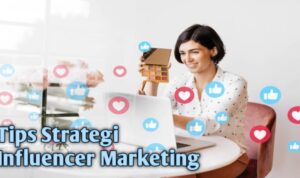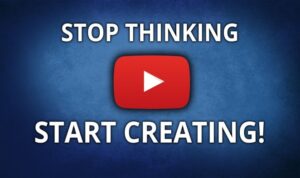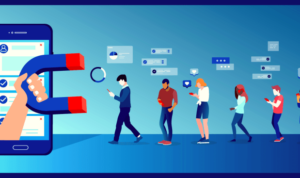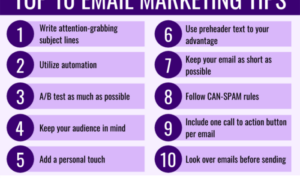Understanding Marketing Funnels dives deep into the world of customer conversion, offering a fresh and engaging perspective that will leave you craving more. Get ready to unravel the secrets of successful marketing strategies!
Marketing funnels are the backbone of any successful business, guiding customers through a journey that ends in conversion. Let’s explore this dynamic concept further.
Overview of Marketing Funnels: Understanding Marketing Funnels
Marketing funnels are a crucial concept in the world of business and advertising. They represent the journey that a potential customer goes through from being aware of a product or service to making a purchase. This process is essential for businesses to understand as it helps them optimize their marketing strategies and ultimately increase sales.
Stages of a Marketing Funnel
- 1. Awareness: This is the stage where customers become aware of the product or service through advertising, social media, or other channels.
- 2. Interest: Once aware, customers show interest in the product and start seeking more information.
- 3. Consideration: At this stage, customers are evaluating the product against competitors and deciding whether it meets their needs.
- 4. Intent: Customers have made the decision to purchase and are ready to take action.
- 5. Purchase: The final stage where the customer completes the transaction and becomes a paying customer.
Examples of Marketing Funnels in Action
Businesses use marketing funnels in various ways to guide customers through the buying process. For example, an e-commerce website may use targeted ads to create awareness, then follow up with email campaigns to nurture interest and eventually offer discounts to encourage a purchase. Similarly, a service-based business may offer free trials to generate interest, provide case studies for consideration, and then offer a subscription model for intent and purchase.
Importance of Understanding Marketing Funnels
Understanding marketing funnels is crucial for businesses as it provides a roadmap to guide potential customers through the purchasing process. By comprehending the various stages of the funnel, businesses can tailor their marketing strategies to effectively engage with customers at each touchpoint, ultimately leading to increased conversions and revenue.
Benefits of Optimizing Marketing Funnels for Conversions
- Improved ROI: By optimizing marketing funnels, businesses can ensure that their resources are utilized efficiently, resulting in a higher return on investment.
- Enhanced Customer Experience: A well-designed funnel can provide a seamless and personalized journey for customers, leading to higher satisfaction and loyalty.
- Increased Conversions: By identifying and addressing potential bottlenecks in the funnel, businesses can enhance the conversion rate and maximize sales opportunities.
Streamlining the Customer Journey with a Well-Designed Marketing Funnel
A well-designed marketing funnel can streamline the customer journey by guiding them through the stages of awareness, interest, decision, and action in a systematic manner. By delivering relevant content and offers at each stage, businesses can nurture leads and move them closer to making a purchase. This process not only increases conversions but also builds trust and credibility with customers, ultimately leading to long-term relationships and repeat business.
Types of Marketing Funnels
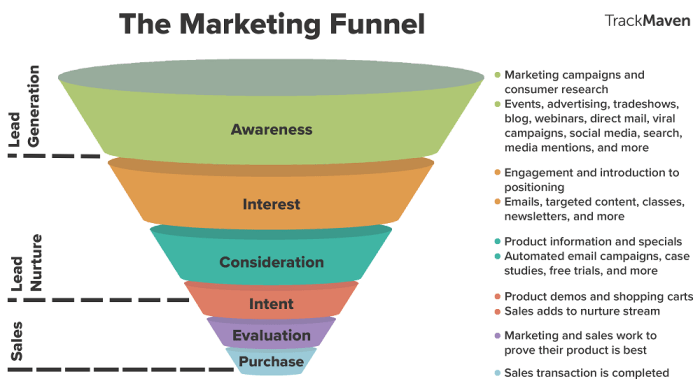
When it comes to marketing funnels, there are several types that businesses can utilize to drive leads and sales. Let’s dive into the different types of marketing funnels and how they are used in the digital landscape.
Lead Generation Funnels
Lead generation funnels are designed to attract potential customers and capture their information for future marketing efforts. These funnels typically start with a lead magnet, such as a free eBook or webinar, to entice visitors to provide their contact details. Once the leads are captured, businesses can nurture them through email campaigns or targeted ads to convert them into paying customers.
- Offer valuable content in exchange for contact information.
- Utilize email marketing to nurture leads and build relationships.
- Track and analyze lead behavior to optimize the funnel for better conversions.
Sales Funnels
Sales funnels are focused on guiding potential customers through the purchasing process, from awareness to conversion. These funnels often include multiple steps, such as landing pages, product pages, and checkout processes, to streamline the buying journey and maximize sales.
- Attract customers with compelling offers and calls-to-action.
- Provide a seamless and user-friendly purchasing experience.
- Upsell or cross-sell additional products to increase average order value.
Email Marketing Funnels
Email marketing funnels are centered around building relationships with customers through personalized and targeted email campaigns. These funnels aim to engage subscribers, deliver relevant content, and drive conversions by sending timely and tailored messages based on user behaviors and preferences.
| Key Components | Benefits |
|---|---|
| Automated email sequences | Increases engagement and conversions. |
| Personalized content | Builds trust and loyalty with subscribers. |
| Segmentation and targeting | Improves email relevance and effectiveness. |
Real-World Examples, Understanding Marketing Funnels
One successful example of a marketing funnel implementation is from Netflix. The streaming service uses a combination of lead generation funnels, personalized recommendations, and email campaigns to attract new subscribers and retain existing ones. By offering a free trial, recommending relevant content, and sending targeted emails, Netflix has built a loyal customer base and achieved significant growth in the competitive entertainment industry.
Creating an Effective Marketing Funnel
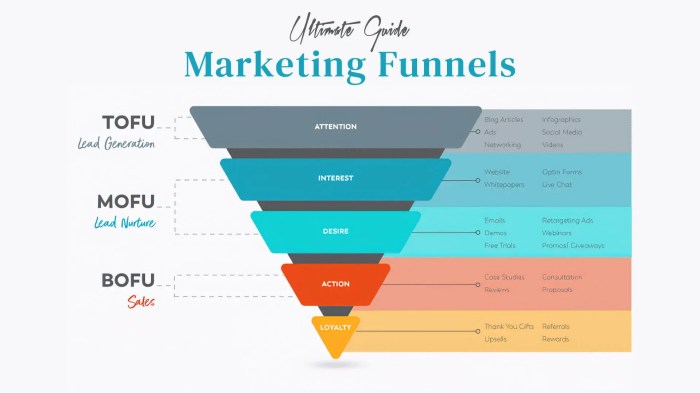
When it comes to creating an effective marketing funnel, there are several key steps to consider. It’s all about guiding potential customers through a journey that ultimately leads to a conversion. Let’s break down the process:
Identifying Your Target Audience
Before you can create a successful marketing funnel, you need to know who you’re targeting. Conduct market research to understand your audience’s needs, preferences, and pain points. This will help you tailor your funnel to effectively attract and engage them.
Creating Compelling Content
Once you know your audience, it’s time to create valuable content that resonates with them. From blog posts and social media updates to videos and email campaigns, your content should address their challenges and provide solutions. Remember, the goal is to build trust and establish your brand as an authority in the industry.
Attracting Leads
At the top of the funnel, your focus should be on attracting leads. This can be done through various channels such as social media ads, search engine optimization, and content marketing. The key is to offer something of value in exchange for their contact information, such as a free ebook or webinar.
Nurturing Leads through the Funnel
As leads move through the funnel, it’s important to nurture them with personalized content that addresses their specific needs. Use email automation and targeted messaging to guide them towards making a purchase decision. Building relationships with your leads is crucial for driving conversions.
Optimizing Each Stage of the Funnel
To ensure optimal results, it’s essential to continuously optimize each stage of your marketing funnel. Analyze data, A/B test different strategies, and fine-tune your approach based on the results. By constantly refining your funnel, you can improve conversion rates and maximize your ROI.








